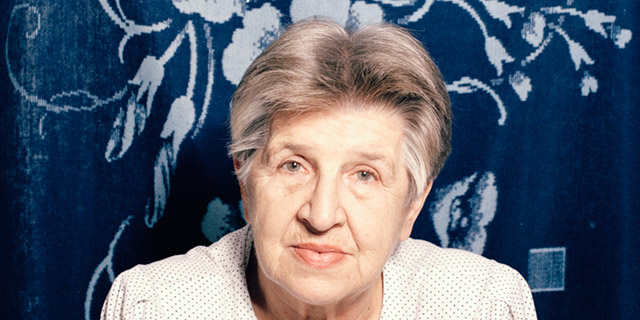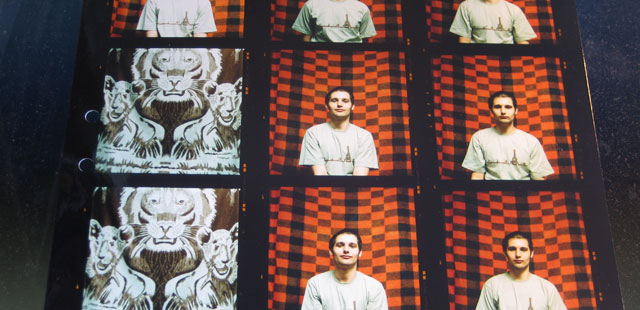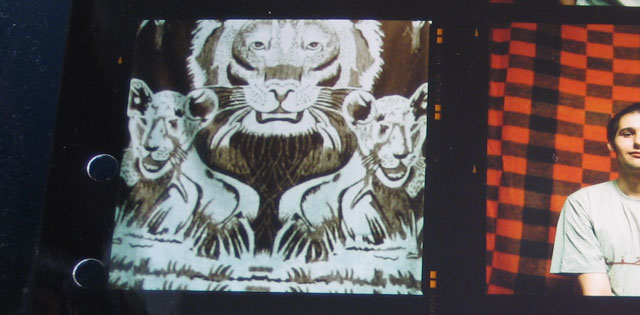When I visited Poland with Anna and Andreas a couple of years ago, my paternal grandmother delighted in having new guests for dinner, especially since my veganism interfered with her understanding of proper food. At one point she cried when I asked her to not feed my friends because they were in a hurry to another dinner.
When my maternal grandmother died last fall I stopped by my dads place, and she was bedridden and ill. She’d been on the go for most of her life, but despite the radiation therapy, the cancers were making her worse. Her prediction that it would be the last time we’d meet proved right, and she died Friday morning.
Tomasz is better at keeping in touch with the family, and after a recent visit he mentioned that she only had few months to live. I called her on her birthday afterwards; She was tired and sad. I was planning on visiting in May, when work will ease up a bit; Now that I’m leaving for her funeral, shuffling a few appointments around doesn’t seem like such a big deal that I couldn’t have done it earlier. Odd how ones priorities change.

As far back as I remember her, I remember granma as worrying and caring. Caring often came down to a question of food, as it often seems to do with people who have seen war and scarcity. She would rise early to make dumplings or tenderize pork, and eat either standing up or sitting near the kitchen so that whoever seemed to run out of something would get a refill. Dinner was always a three course affiar.
She worried about her extended family and did her best to accomodate everyone. She’d offer you the clothes off her back, and did so literally — I once complimented her scarf, and later found it packed in my suitcase, next to a container of jam pastries and sandwiches.
She worked as a waitress at a diner in Dalarna when my dad had some business up north, and between running a bed & breadfast in Polanczyk and caring for her son’s families, her work ethic was beyond reproach. She used to sell Amway to do something with her spare time. She would enjoy coffee and cigarettes, promising to quit but laugh when taking up smoking again an hour later.
The last three years she’d become progressively worse, and the last six months, as so often is the case, sucked. For someone who always worked and never wanted to be a bother, her illness added insult to injury. We don’t get to choose, but it would be nice if we could die doing what we love, or that which gives us purpose. It seems unfair that she saw herself become unable to work, then move, and finally even to breath.
End-stage pain is the price the sufferer pays for the survivors to be able to see death as something other than only tragedy, and that helps people to move on, but regardless of how it ends we’re one person short.

